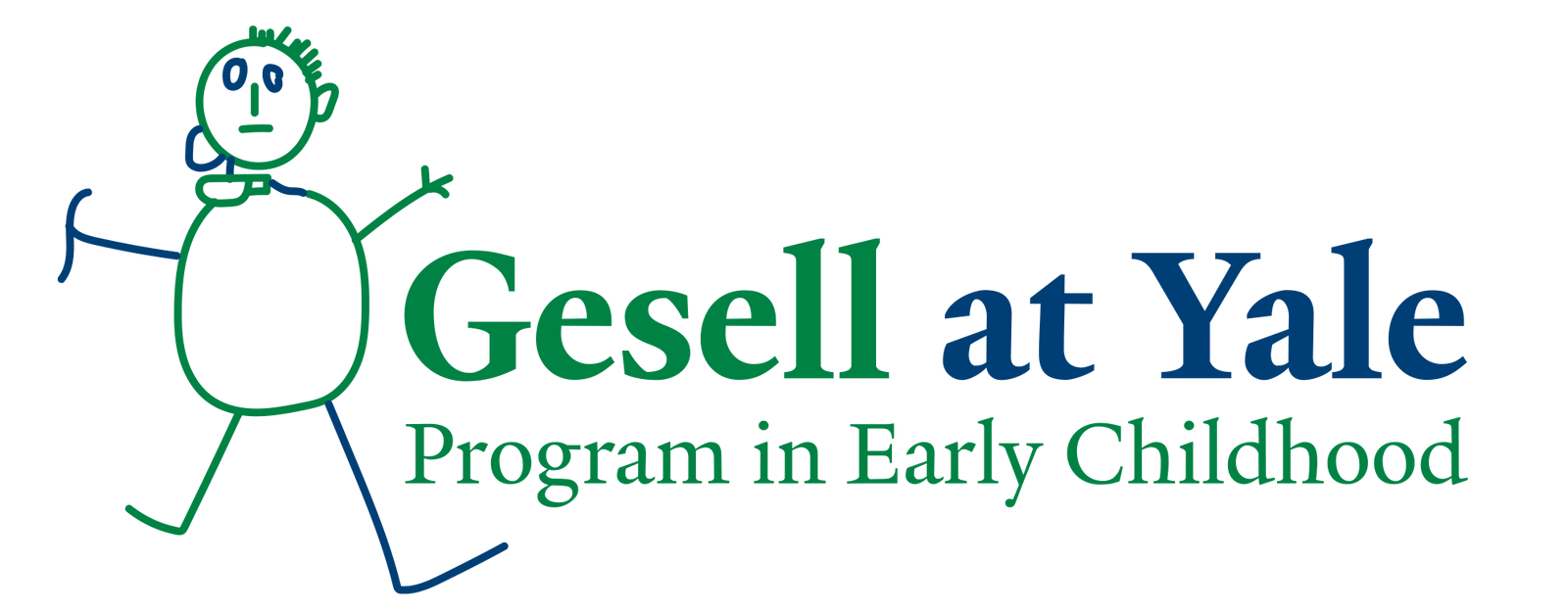Peg Oliveira, PhD
In my home state of Connecticut, parents and teachers are mobilizing to defend what they believe to be an essential right of childhood; play. Bills at the state level are pressing lawmakers to acknowledge recess as integral to the school day. Locally, parent advocates are educating city leadership on the benefits of play.
Surveys show that most early childhood educators request a reduction in academic pressures and more respect for the normal developmental range of abilities in young chi ldren. They want less testing, less data, less paperwork and more time to focus on the individual and unique needs of children. In short, they want more space to implement developmentally appropriate, child directed learning experiences; or the freedom to play.
ldren. They want less testing, less data, less paperwork and more time to focus on the individual and unique needs of children. In short, they want more space to implement developmentally appropriate, child directed learning experiences; or the freedom to play.
But why?
It seems counter intuitive. How can less academic rigor and more play lead to better outcomes? I stand with them, as both a parent and an advocate. The research is clear: children learn through active, engaged, meaningful and joyful social experiences. Through what we call play. More time on drills and tests leads not to academic achievement, but to burnout.
So what is it about play that is so great for learning?
- Active: Children learn with their whole bodies, not just their eyes and ears. Processing information and applying it and digesting through application, not just reading, observing or being lectured at, is what allows children to own concepts, tinker with ideas and make new discoveries that make sense.
- Engaged: Focused attention, with minimal distractions and transitions, allow children to become absorbed. How long can even the adults you know stay focused, without looking at screen or nodding off?
- Meaningful: Can be understood in context and applied. As far back as Piaget, we understood that learning is iterative. We construct new knowledge based on hypothesis testing and revising one’s existing knowledge over time. Understanding doesn’t happen spontaneously. We need to give children opportunities to discover truths, not be dictated them.
- Socially Interactive: Through play, children are able to practice and create safe, stable and nurturing relationships with adults and other kids. Feeling safe makes exploration possible and exploration is essential to learning. Securely attached children have better peer relationships, are more agreeable, and have greater self regulation skills.
- Joyful! Positive affect is linked to increased executive functions, academic outcomes and brain flexibility. Play has been shown to regulate the body’s stress response and reduce stress hormones like cortisol.
This combination of ingredients leads to change at the molecular (epigenetic), cellular (neuronal connectivity) and behavioral levels (executive function). Developmentally appropriate play with parents and peers is an opportunity to promote the social-emotional, cognitive, language and self-regulation skills that build executive function and a prosocial brain. In short, play is learning.
References
Betzel R. F., Satterthwaite T. D., Gold J. I., Bassett D. S. (2017). Positive affect, surprise, and fatigue are correlates of network flexibility. Sci. Rep. 7 1–10.
Diamond A. (2012). Activities and programs that improve children’s executive functions. Curr. Dir. Psychol. Sci. 21 335–341.
Zosh JM, Hirsh-Pasek K, Hopkins EJ, Jensen H, Liu C, Neale D, Solis SL and Whitebread D (2018) Accessing the Inaccessible: Redefining Play as a Spectrum. Front. Psychol. 9:1124. doi: 10.3389/fpsyg.2018.01124
